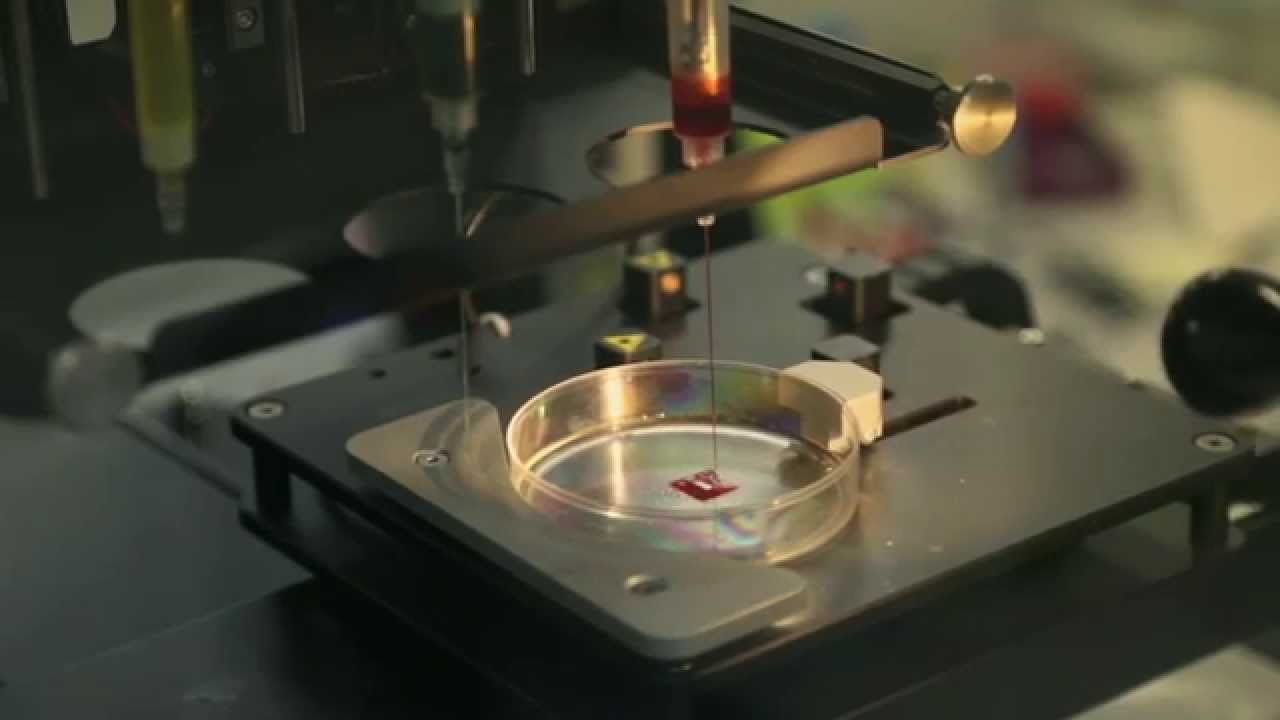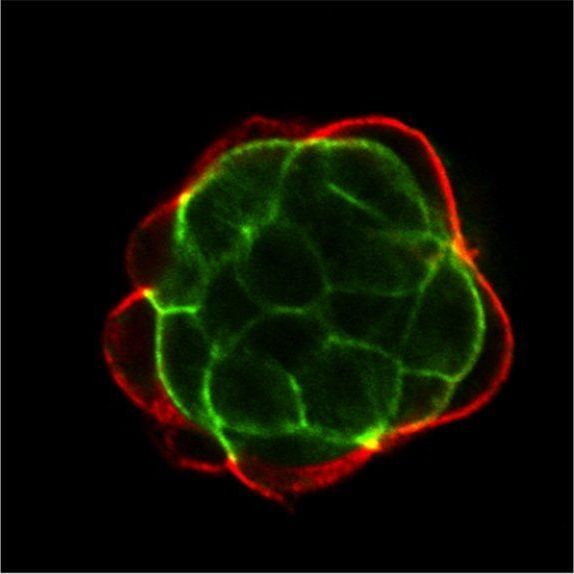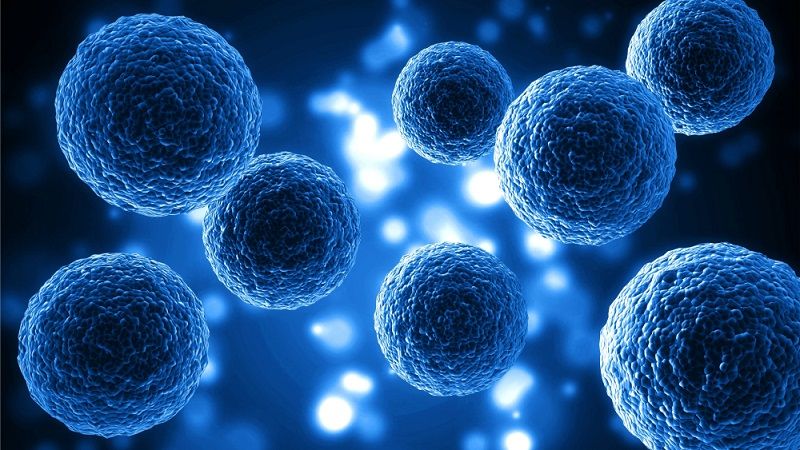Page 9561
Dec 11, 2018
How developments in Quantum Computing could affect cryptocurrencies
Posted by Genevieve Klien in categories: bitcoin, computing, cryptocurrencies, economics, mathematics, particle physics, quantum physics
by Eloisa Marchesoni
Today, I will talk about the recent creation of really intelligent machines, able to solve difficult problems, to recreate the creativity and versatility of the human mind, machines not only able to excel in a single activity but to abstract general information and find solutions that are unthinkable for us. I will not talk about blockchain, but about another revolution (less economic and more mathematical), which is all about computing: quantum computers.
Quantum computing is not really new, as we have been talking about it for a couple of decades already, but we are just now witnessing the transition from theory to realization of such technology. Quantum computers were first theorized at the beginning of the 1980s, but only in the last few years, thanks to the commitment of companies like Google and IBM, a strong impulse has been pushing the development of these machines. The quantum computer is able to use quantum particles (imagine them to be like electrons or photons) to process information. The particles act as positive or negative (i., the 0 and the 1 that we are used to see in traditional computer science) alternatively or at the same time, thus generating quantum information bits called “qubits”, which can have value either 0 or 1 or a quantum superposition of 0 and 1.
Continue reading “How developments in Quantum Computing could affect cryptocurrencies” »
Dec 11, 2018
Understanding Mild Cognitive Impairment (MCI)
Posted by Genevieve Klien in categories: biotech/medical, life extension, neuroscience
Mild cognitive impairment (MCI) is an intermediate stage between the expected cognitive decline of normal aging and the more-serious decline of dementia. It can involve problems with memory, language, thinking, and judgment that are greater than normal age-related changes.
If you have mild cognitive impairment, you may be aware that your memory or mental function has “slipped.” Your family and close friends also may notice a change. But generally these changes aren’t severe enough to significantly interfere with your day-to-day life and usual activities.
Mild cognitive impairment may increase your risk of later progressing to dementia, caused by Alzheimer’s disease or other neurological conditions. But some people with mild cognitive impairment never get worse, and a few eventually get better.
Dec 11, 2018
Scientists just created tiny specs of ultra-hot early universe matter
Posted by Genevieve Klien in category: futurism
Scientists at the University of Colorado Boulder have been able to create what they call tiny droplets of the ultra-hot matter that once filled the early universe. The matter they created formed th…
Dec 11, 2018
The source of stem cells points to two proteins
Posted by Genevieve Klien in category: biotech/medical
Mammalian embryos are unlike those of any other organism as they must grow within the mother’s body. While other animal embryos grow outside the mother, their embryonic cells can get right to work accepting assignments, such as head, tail or vital organ. By contrast, mammalian embryos must first choose between forming the placenta or creating the baby.
Dec 11, 2018
Apollo 8: A Story of Christmas Around The Moon
Posted by Michael Lance in category: space

50 years ago this Christmas, we orbited the Moon for the first time. 1 out of every 4 people on Earth watched the crew’s broadcast on Christmas Eve. This is the story of Apollo 8:
Dec 11, 2018
Researchers Reveal Inner Workings of the Proteasome
Posted by Steve Hill in categories: energy, sustainability
Researchers from Scripps Research have discovered how the proteasome, which is made of protein complexes in the cell that breaks down damaged and unwanted proteins, converts energy into motion to unfold target proteins for recycling.
What is the proteasome?
The proteasome is a protein complex whose job is to break down and recycle proteins that have become damaged or are no longer required. It achieves this via a process called proteolysis, a chemical reaction that breaks the peptide bonds, thus allowing the target protein to be destroyed and broken down into its constituent parts, which become ready to be reused to make new proteins. The enzymes that facilitate this recycling process are known as proteases.
Eight genes linked to red hair have been discovered by scientists, helping to shed light on how redheads inherit their distinctive locks.
The Edinburgh University-led research has been described as the largest genetic study of hair colour to date.
It had been thought red hair was controlled by a single gene, MC1R, with versions passed on from both parents.
Dec 11, 2018
Organs grown in space: Russian scientists 3D-print mouse’s thyroid on ISS in world first
Posted by Klaus Baldauf in categories: 3D printing, bioprinting, biotech/medical, space

Medical research has taken a leap into the future as Russian scientists have managed to grow a mouse’s thyroid in zero gravity using a 3D bioprinter on the International Space Station (ISS). And human organs may be next in line.
The breakthrough device dubbed Organaut was delivered to the ISS by a Soyuz MS-11 spacecraft on December 3 by Expedition 58.
Dec 11, 2018
Answering the mystery of what atoms do when liquids and gases meet
Posted by Xavier Rosseel in categories: mathematics, particle physics
How atoms arrange themselves at the smallest scale was thought to follow a ‘drum-skin’ rule, but mathematicians have now found a simpler solution.
Atomic arrangements in different materials can provide a lot of information about the properties of materials, and what the potential is for altering what they can be used for.
However, where two materials touch – at their interface – complex interactions arise that make predicting the arrangement of atoms difficult.
















